SUDS stands for Sustainable Urban Drainage Systems. Resin-bound surfaces are increasingly popular because they are SUDS compliant, meaning they allow water to drain through easily, preventing flooding.
A resin-bound drainage system consists of small stone aggregates, which are mixed with resin to make a strong and smooth layer that works best with a permeable base like open-grade termac. It follows the drainage regulations of the UK, along with providing enhanced water management and pollution control.
How Do Resin-Bound Surfaces Support Water Drainage?
Nowadays, everyone is looking for environmentally friendly and innovative construction solutions. This is why resin-bound Surface has become a practical and popular choice among people.
A special feature about resin-bound surface drainage is that it gives an aesthetic look to your walls, along with being eco-friendly.
SUDS-compliant resin-bound surfaces support water drainage because of their structure and design.
Porous Structure
Resin-bound surfaces are a sustainable surface design option that ensures urban drainage compliance. These surfaces have a porous structure that filters the water naturally through their layers.
SUDS compliant resin-bound surfaces are created by mixing resin with clean, dried aggregates in a way that leaves tiny gaps between the stones.
These pores help in forming a porous paving system allowing water to drain through easily. This resin-bound drainage system allows water to be absorbed rather than pool on the surface.
Comparison with Other Non-Permeable Surfaces
Resin-bound surface is a better permeable paving solution than other traditional surfaces for various reasons.
Here is how we can compare SUDS-compliant resin-bound surfaces to other traditional surfaces, including concrete and resin-bound surfaces.
- Suds Compliant Resin-Bound Surfaces
SUDS compliant resin-bound surfaces have a highly porous structure that allows water to pass through them. Being permeable also helps to control surface water runoff.
It is environmentally friendly and low maintenance, with a lifespan of over fifteen years with proper care.
Traditional surfaces like concrete are not permeable to water and cause a high risk of localized flooding with standing water.
- Concrete
They have moderate maintenance needs but don’t have slip resistance or aesthetic appeal.
- Resin-bonded surfaces
Resin-bonded surfaces are not SUDS compliant and don’t have a porous structure to allow water permeability. They’re neither environmentally friendly nor can they control flooding.
They also have moderate maintenance needs with a lifespan similar to that of SUDS-compliant resin-bound surfaces.
Control of Surface Water Runoff
Surface water runoff refers to the situation when water is unable to get into the ground and starts pooling above the surface.
This not only destroys the aesthetic appeal of your house but also damages the infrastructure.
Resin-bound surfaces provide a practical solution for this problem as they are a part of SUDS-approved surfacing and follow the standards of Sustainable Urban Drainage Systems.
Prevention of Standing Water and Flooding
Pooling of water from place to place after raining is another serious issue. This water creates a smell, attracts mosquitoes, and also causes accidents.
The use of SUDS-compliant resin-bound surfaces is the perfect solution for this problem. It prevents localized flooding and standing water by allowing it to absorb.
It also plays a vital role in minimizing waterlogging, which helps to maintain urban drainage compliance.
Eco-friendly and sustainable
Along with being functional, a SUDS-compliant resin-bound surface is eco-friendly and also takes care of your house’s aesthetics.
It is being used widely in eco-friendly driveways in the UK because it is a part of sustainable surface design, along with being long-lasting.
Are All Resin Surfaces Automatically SUDS Compliant?
Although many people think that every resin surface is automatically SUDS compliant, it is just a common misunderstanding.
The use of resin does not guarantee the surface to be SUDS compliant. Various other factors determine the compliance of a surface.
These factors include the product along with its installation, base preparation, and aggregate selection.
Difference Between Resin-Bound and Resin-Bonded Surfaces
Many people get confused between resin-bound and resin-bonded surfaces, although both of them are very different from each other in various aspects, which include:
- Water Drainage and Permeability
Resin-Bound Surfaces
Resin-bound surfaces are porous, which allows water to be absorbed into the ground easily.
Resin Bonded Surfaces
Resin-bonded surfaces are non-porous and don’t allow water to pass through them, which causes water to run off.
- Installation Method
Resin-bound Surfaces
Resin and aggregates are mixed and spread on the surface, creating a clean and consistent finish.
Resin Bonded Surfaces
First, resin is applied to the surface, and then the aggregates are applied over it. The aggregates just stick to the surface and don’t get mixed with the resin.
- Appearance
Resin-Bound Surfaces
It gives a smooth, uniform, and decorative finish. You can also get options for different colors and types of stones being used.
Resin Bonded Surfaces
It has a textured and rough finish and is mainly used for functional or slip-resistant surfaces.
- Slip resistance
Resin-bound Surfaces
It is smooth, but there are options to add slip resistance.
Resin Bonded Surfaces
It has a naturally grippy surface, which is slip-resistant even when wet.
- Maintenance
Resin-Bound Surfaces
It is low maintenance as weeds and molds don’t grow on these surfaces easily.
Resin Bonded Surfaces
The aggregates can loosen after some time, and moss and debris can also get collected over time. This is why it requires more maintenance than resin-bound Surfaces.
Importance of correct installation for SUDS compliance
Having the right product is not enough. Correct installation also matters a lot for SUDS compliance.
Base Preparation
Base preparation is a crucial step in making SUDS-compliant resin-bound surfaces. Without a well-prepared base layer, the permeability of the resin-bound surface is lost, which gives no advantage.
This is why it is essential to have a porous base like MOT type 3, which allows water to flow.
Aggregate selection
Aggregate selection is also an essential aspect in SUDS-compliant resin-bound surfaces. Only clean and dried aggregates should be used because using wet or dusty aggregates can clog the pores.
This ultimately interrupts the flow of water. This is why it is essential for SUDS compliance in resin paving.
Wrapping Up: Why Choose a SUDS Compliant Resin Surface?
Choosing the right surfacing solution is about more than looks. Instead, it’s about long-term performance, sustainability, and meeting critical regulatory standards.
SUDS compliant resin-bound surfaces offer a perfect combination of functionality, eco-friendliness, and modern design. Let’s recap the key reasons why they’re a wise choice.
Environmental and Regulatory Benefits
One of the most significant benefits of SUDS resin-bound paving is its role in sustainable water management.
These surfaces allow rainwater to pass through their porous structure and into the ground below, helping to:
- Reduce surface water runoff
- Minimize the risk of localised flooding
- Improve groundwater recharge
This not only supports the environment but also ensures your project aligns with current and future legal standards.
Long-Term Value in Maintenance and Compliance
Resin-bound surfaces are built to last. Once correctly installed, they require minimal upkeep:
- They’re resistant to weeds, moss, and cracking
- There’s no pooling water or standing surface moisture
- You save time and money on cleaning and repairs
Because they’re SUDS compliant, you also avoid additional costs for external drainage systems or future modifications to meet regulatory updates, offering you peace of mind and long-term value.
Boosted Curb Appeal and Eco-Credibility
Aside from the practical perks, SUDS resin-bound paving looks stunning. It offers a smooth, seamless finish available in a wide range of colours and textures, enhancing:
- Driveways
- Walkways
- Patios
- Commercial outdoor spaces
Its eco-friendly features add to your property’s credibility and value, whether for personal pride or making a strong impression in a professional setting.
The Importance of Professional Installation
While the product itself may be SUDS compliant, achieving a fully compliant surface depends on correct installation. Factors like:
- Proper base preparation (e.g., using permeable MOT Type 3)
- Choosing clean, dried aggregates
- Applying the proper resin-to-stone ratio
- Ensuring adequate surface levels and drainage
All affect the outcome. That’s why it’s essential to consult a qualified and experienced installer who understands both the technical and regulatory requirements.

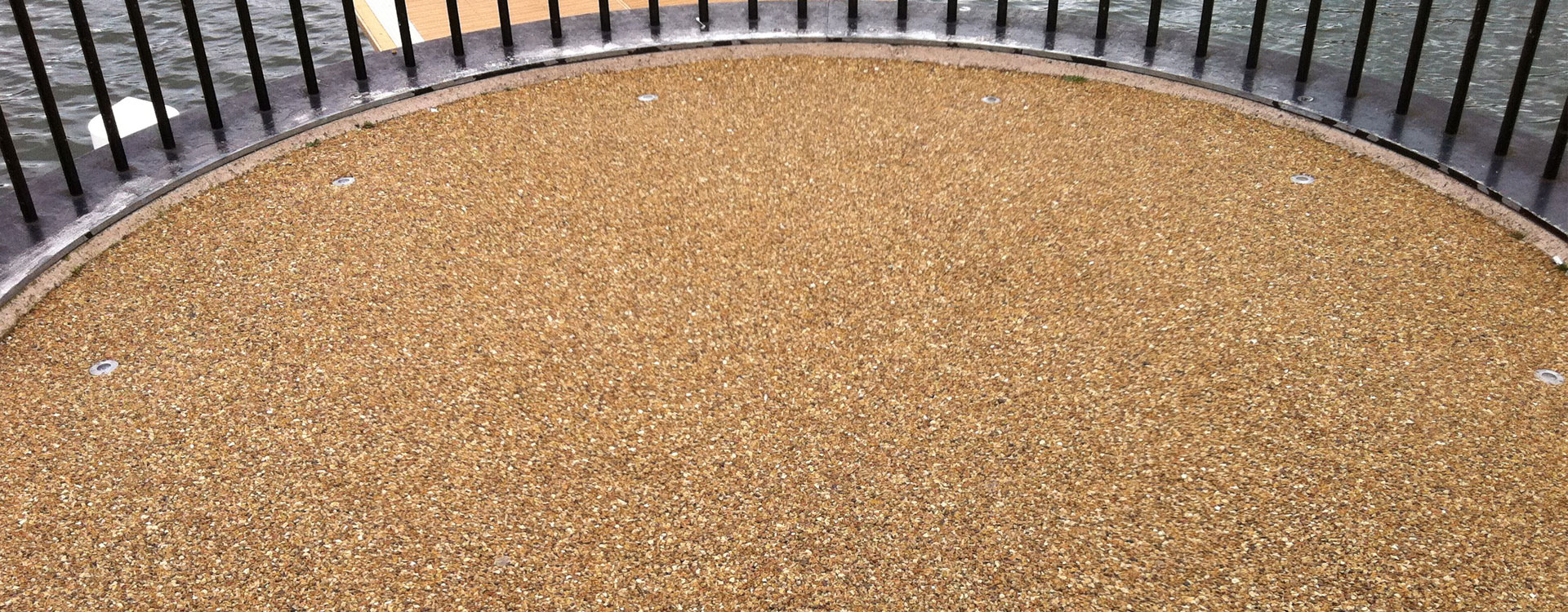
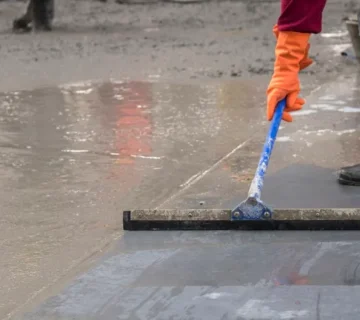

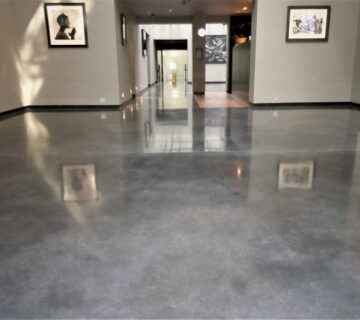
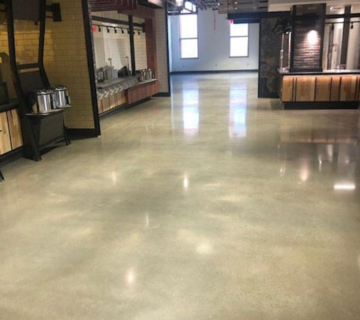
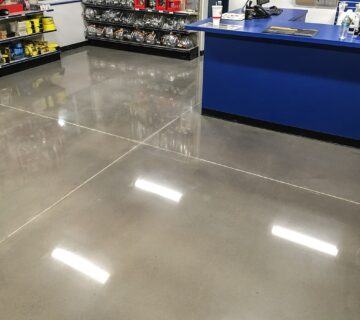

No comment